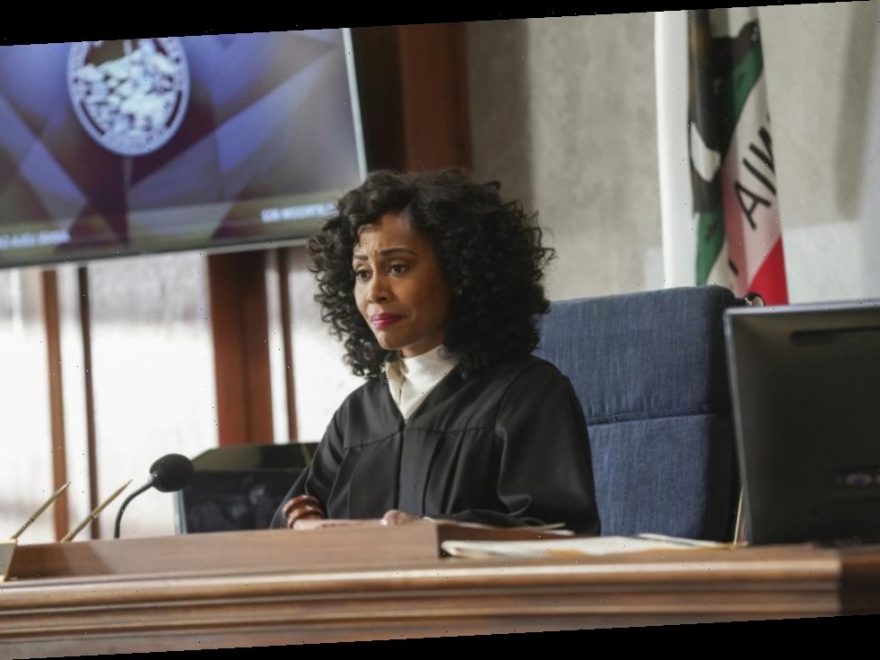CBS is aggressively stepping up its efforts to be more inclusive to diverse television creators and writers, setting a slew of targets for the 2021/22 season.
The broadcaster is committing 25% of its script development budget to projects from creators, writers and producers who are Black, Indigenous and people of color. The scheme will begin with the 2021/22 development season.
It is also mandating that writers’ rooms for CBS shows must be staffed with a minimum of 40% BIPOC representation for the 2021/22 broadcast season. This will be increased to 50% for the 2022/23 season.
Deadline understands that at least six new and current shows for this coming fall schedule are expected to hit this 40% mark.
It has also committed to additional BIPOC writers on select CBS series for the upcoming 2020-2021 broadcast season.
This is a major move for a broadcast network and comes as the Black Lives Matters protests have seemingly started to have a material impact on Hollywood. CBS is the first broadcast network in the U.S. to put in hard targets.
It comes as CBS has been improving on the diversity front. In 2017, a Race In The Writers’ Room study from Color of Change Hollywood highlighted that CBS and The CW were the worst of the broadcast networks with respect to Black representation in writers’ rooms.
The network has been becoming more representative in this regard in recent years with the likes of Dee Harris-Lawrence taking over as showrunner on All Rise, Aaron Rahsaan Thomas as showrunner of S.W.A.T., Gina Yashere co-creating Bob Hearts Abishola and Jenny Lumet co-writing the pilot of Clarice with Alex Kurtzman.
“While steady progress has been made in recent years both in front of and behind the camera, change needs to happen faster, especially with creators and leadership roles on the shows,” said George Cheeks, President and Chief Executive Officer for the CBS Entertainment Group. “As a network with ambitions to be a unifier and an agent of change at this important time, these new initiatives will help accelerate efforts to broaden our storytelling and make CBS programming even more diverse and inclusive.”
Source: Read Full Article
